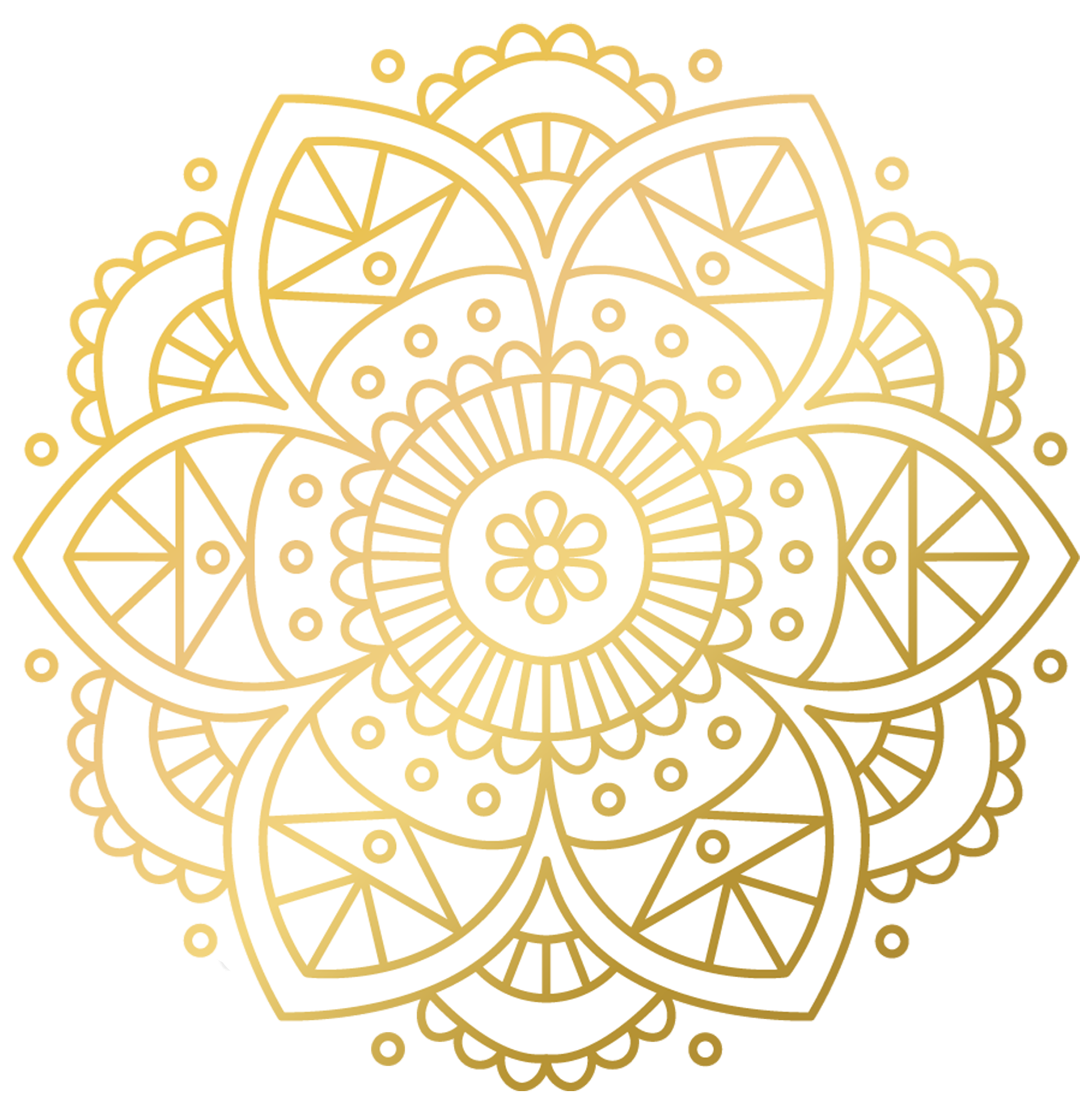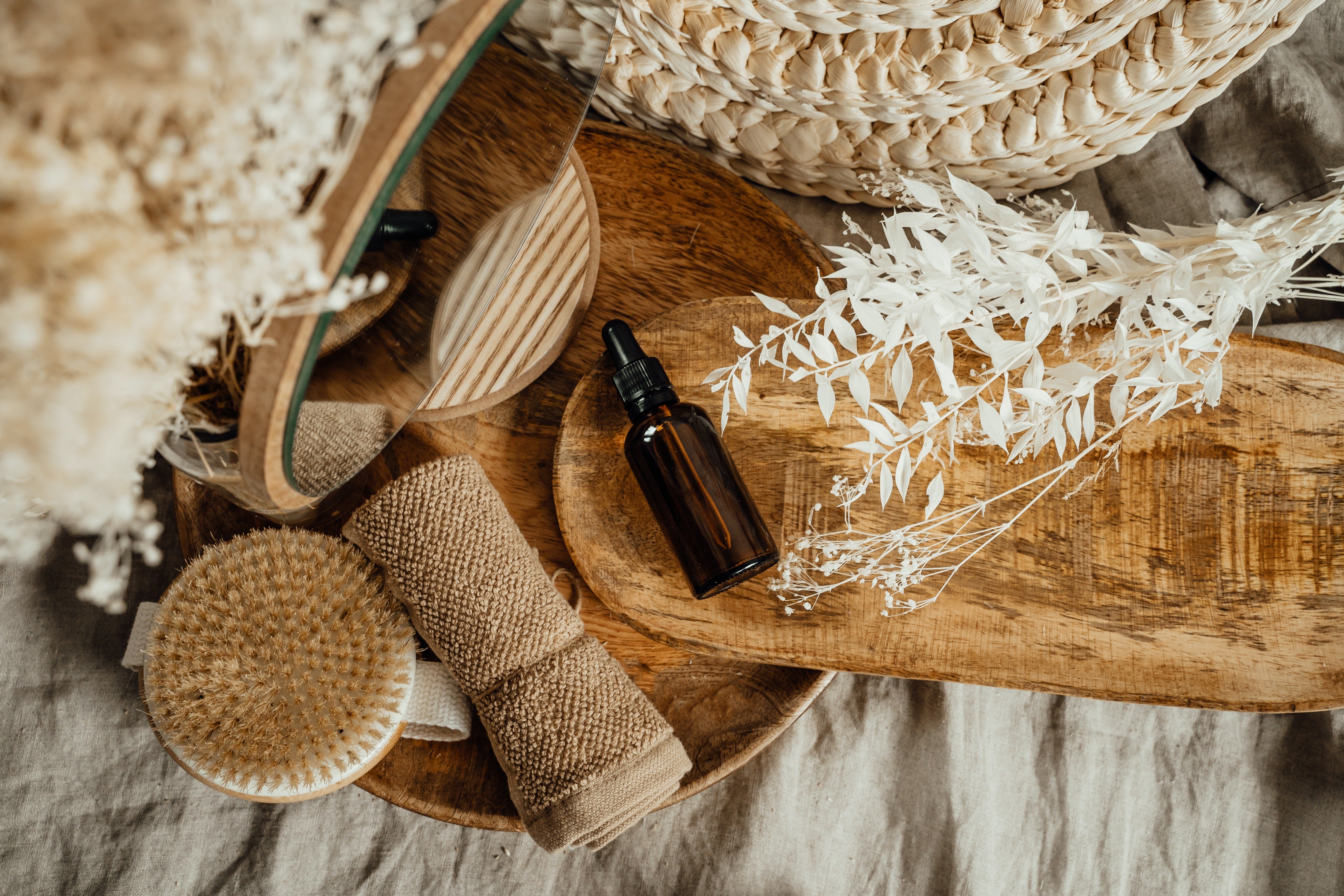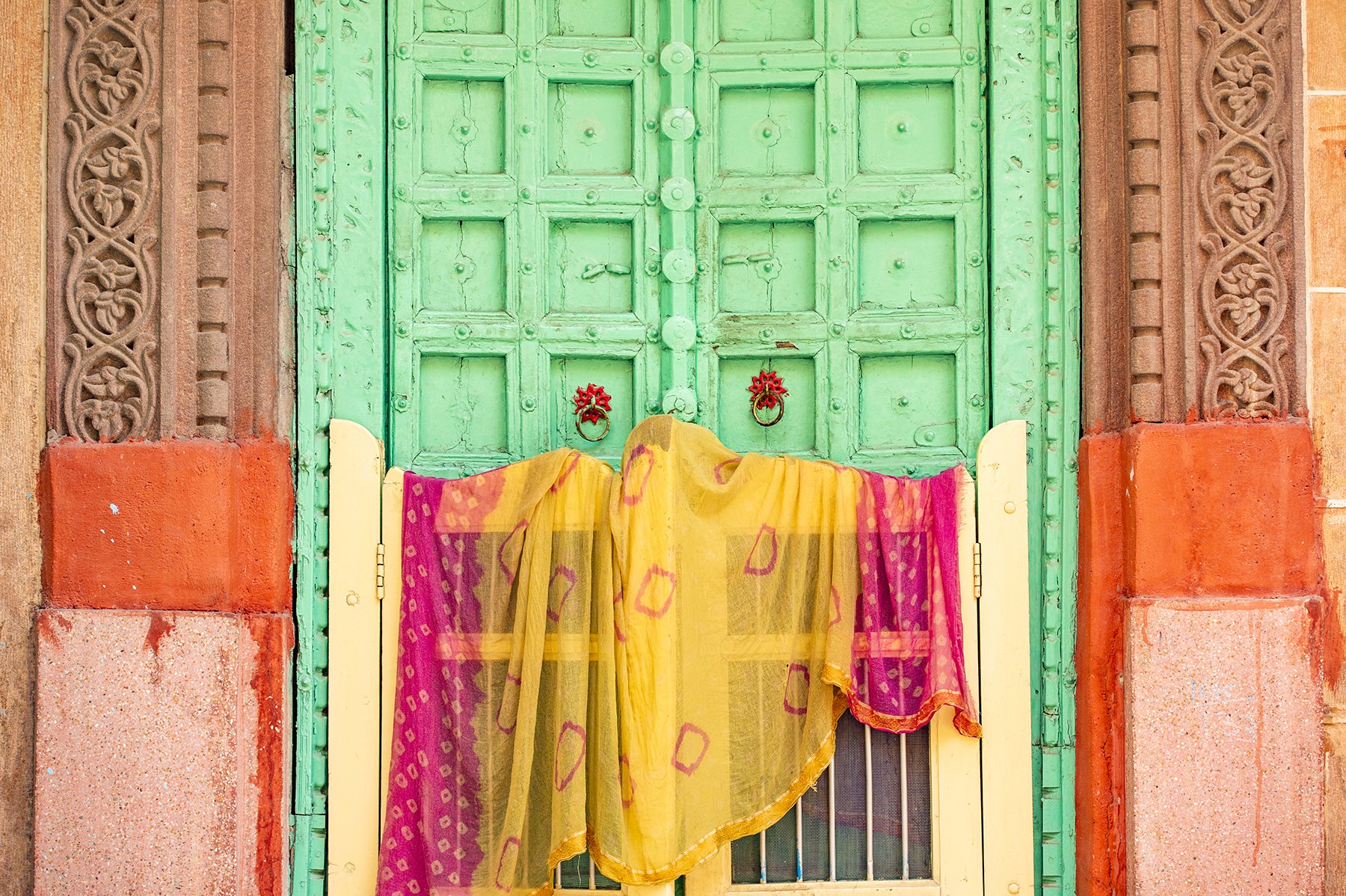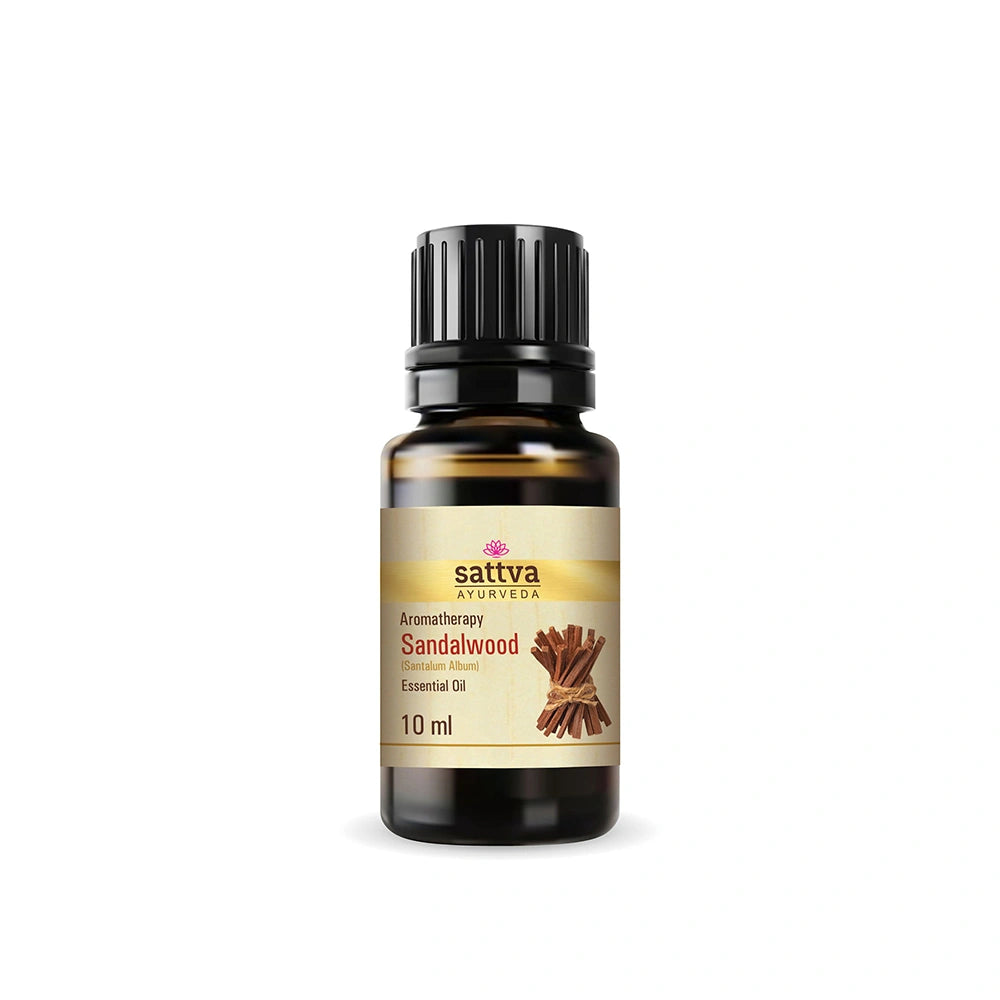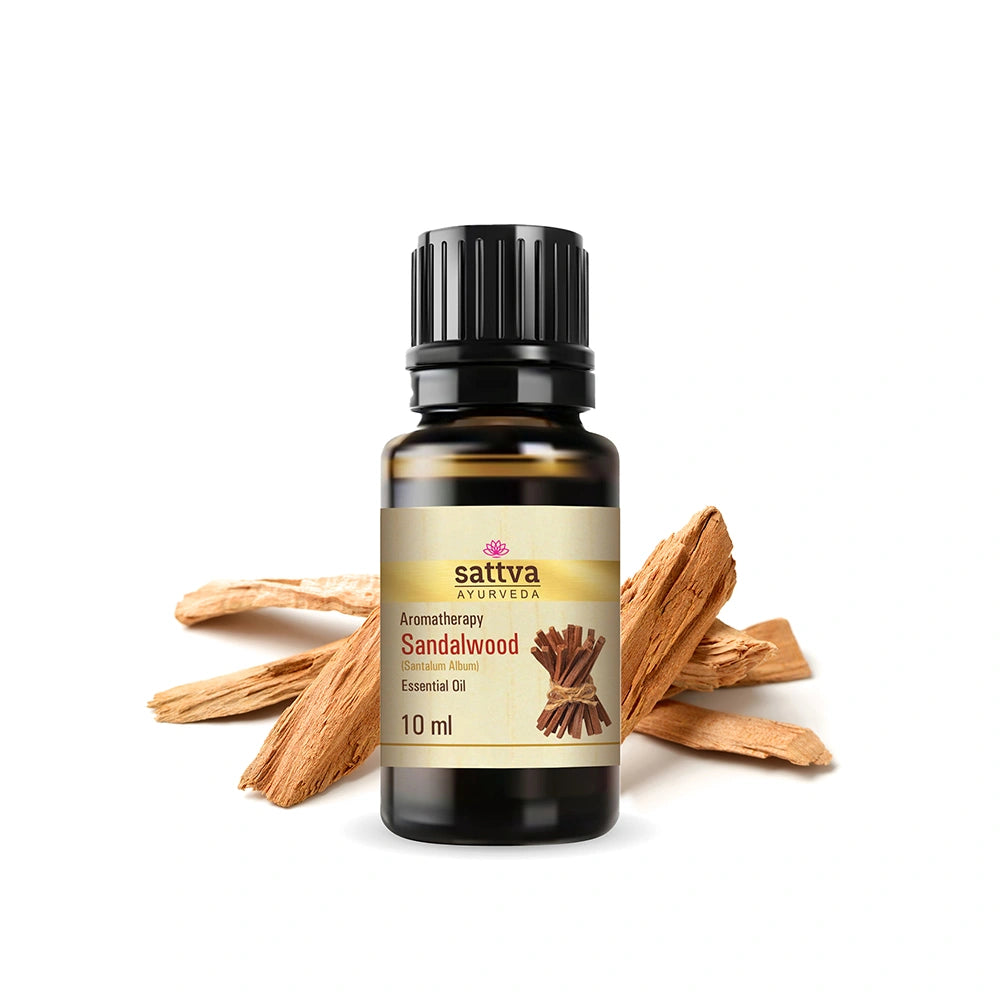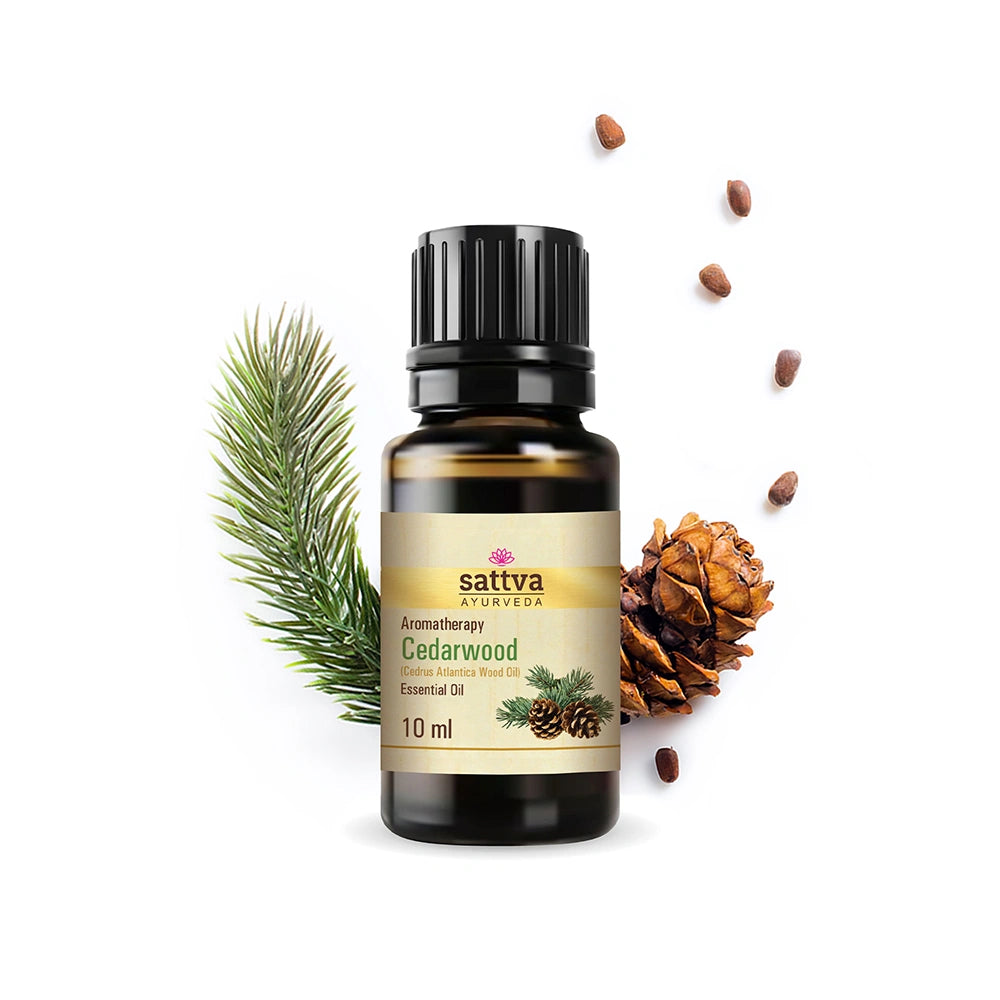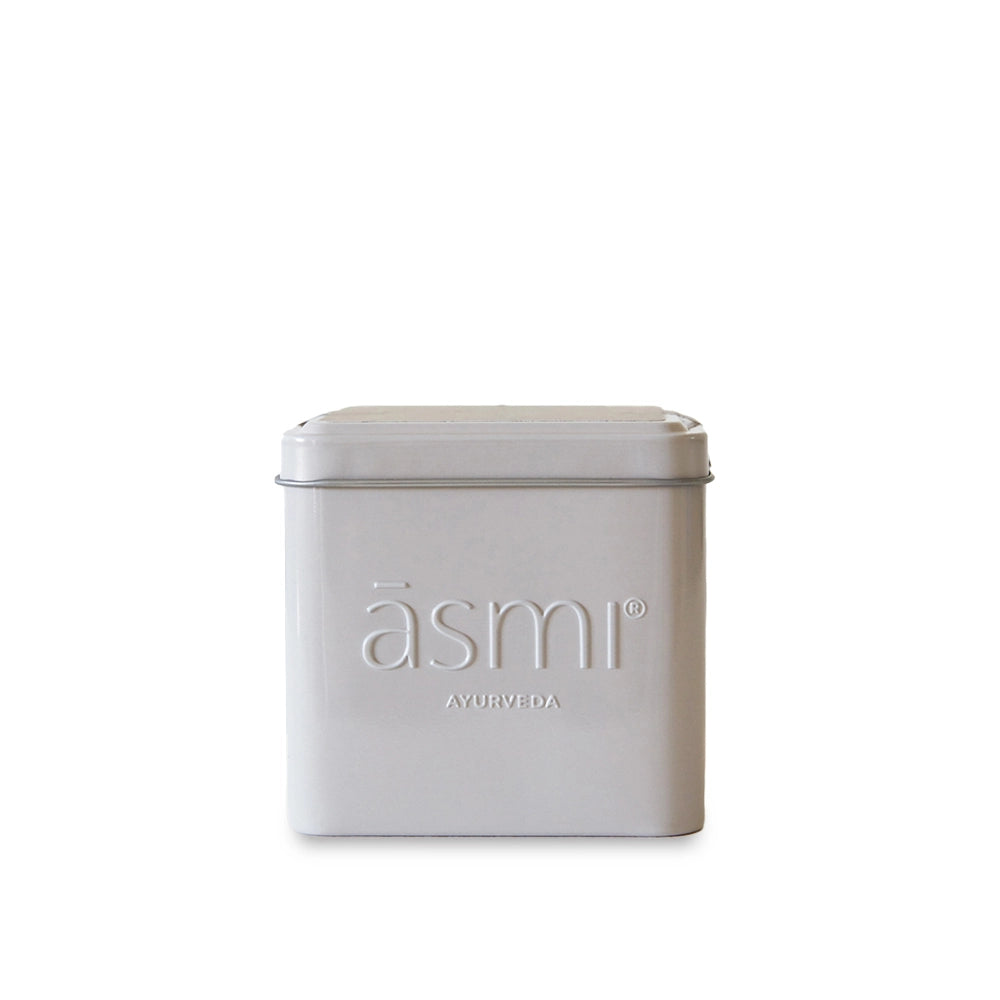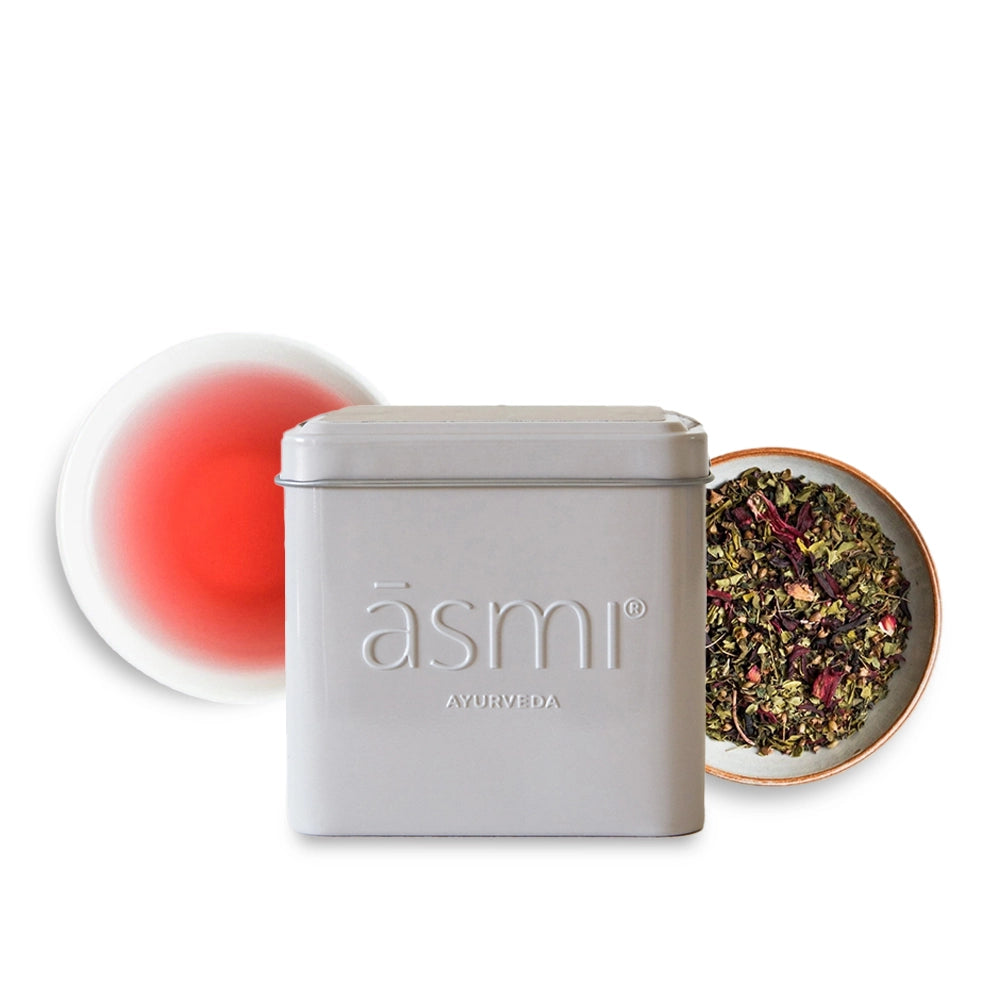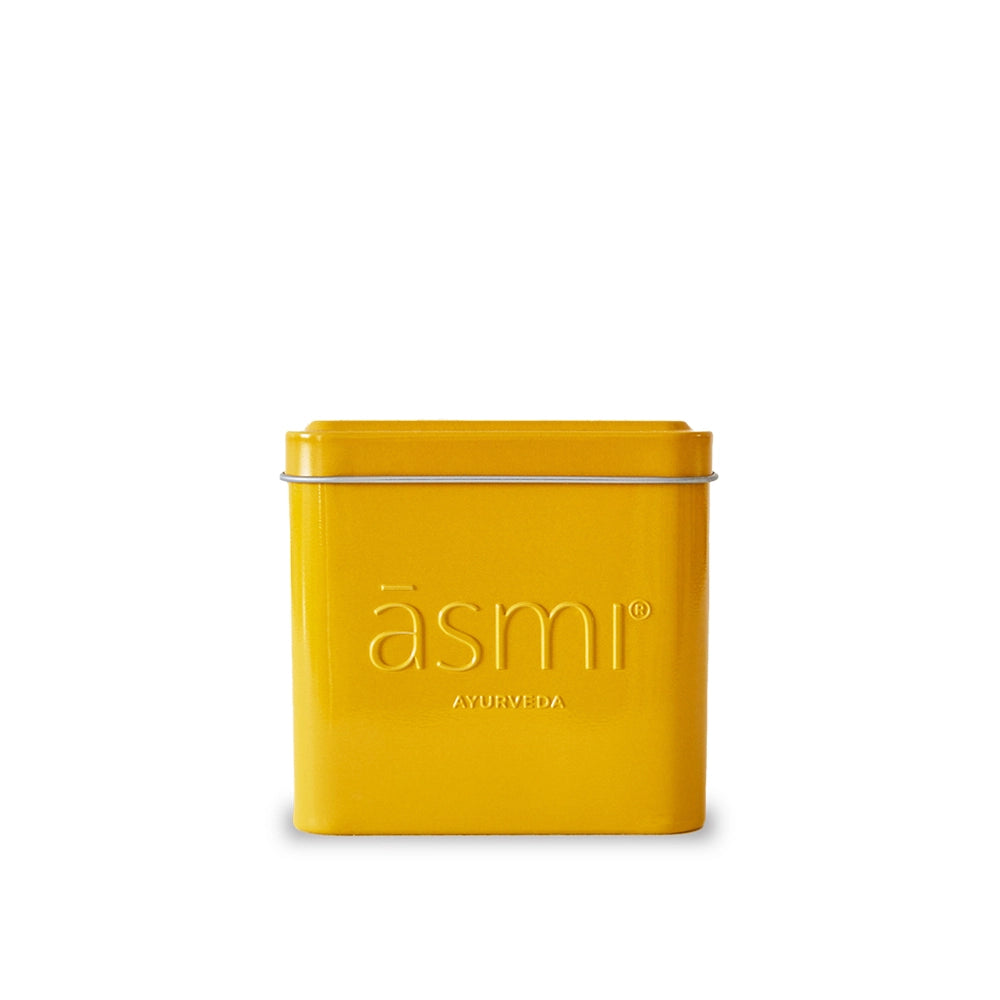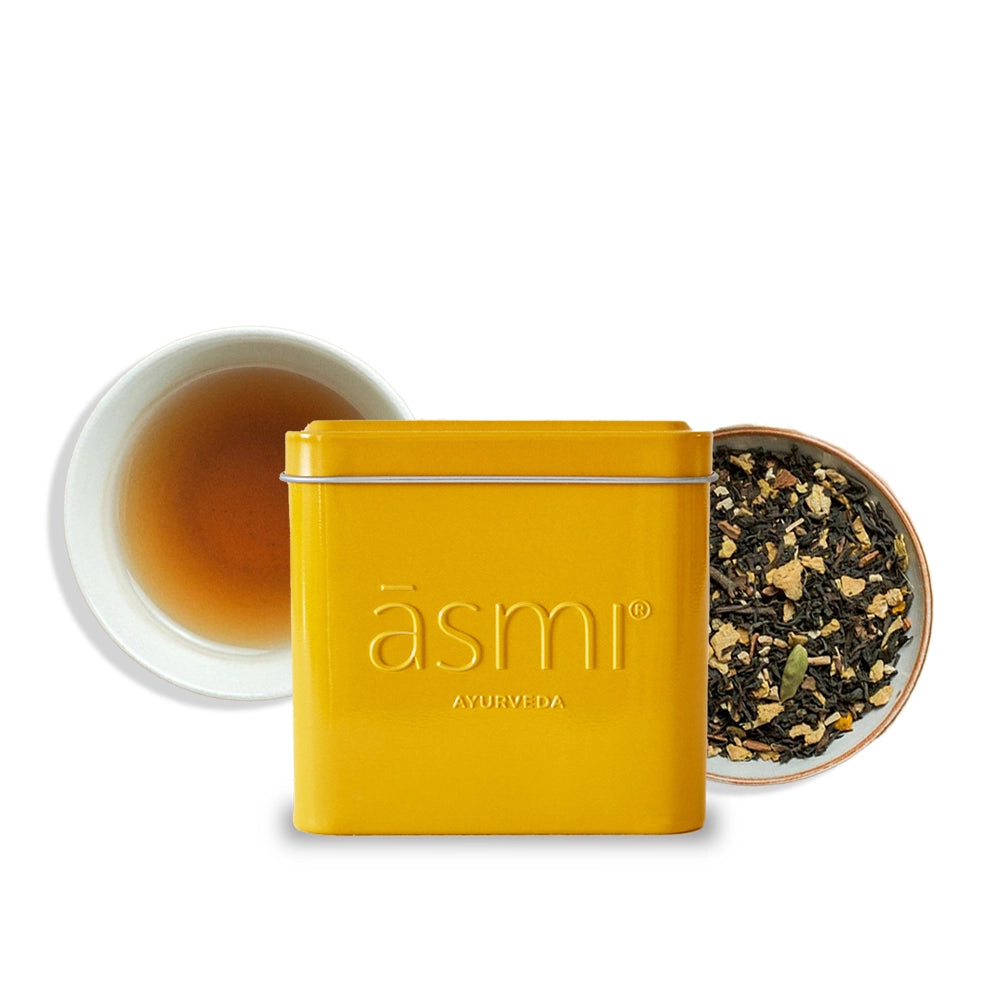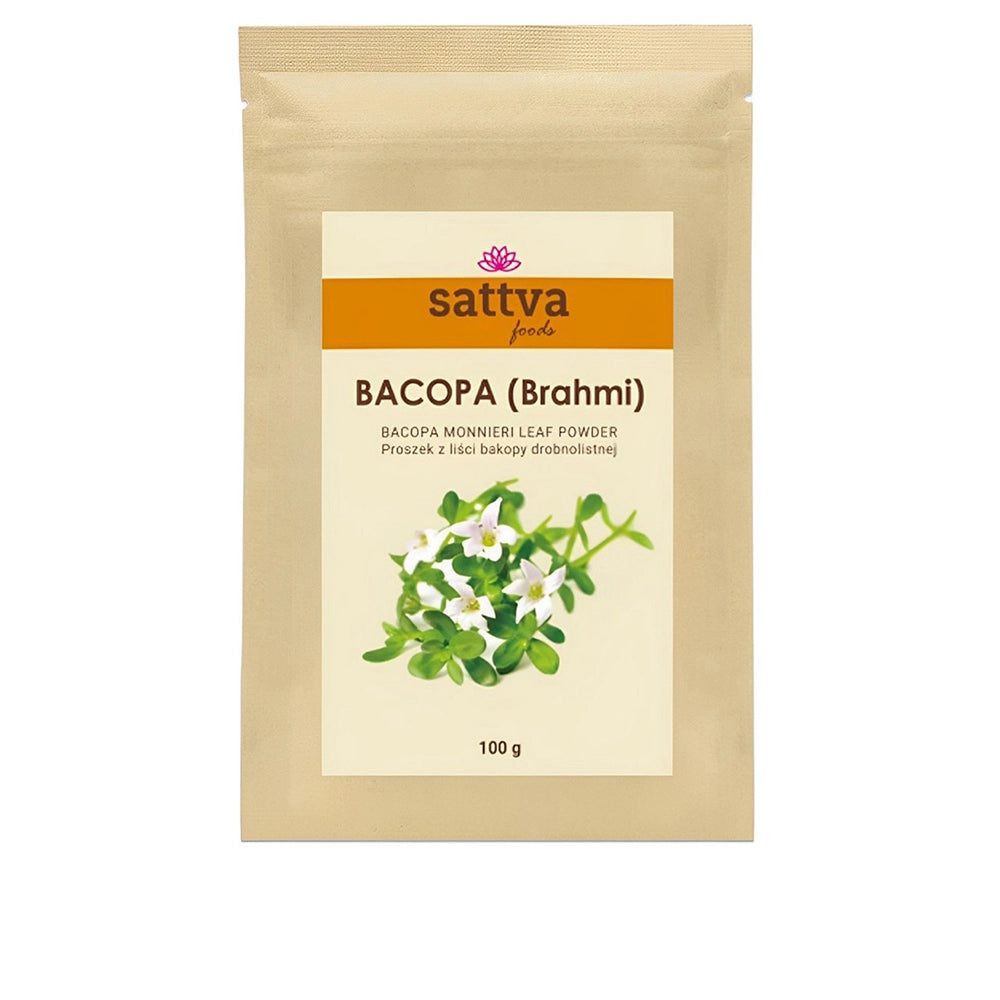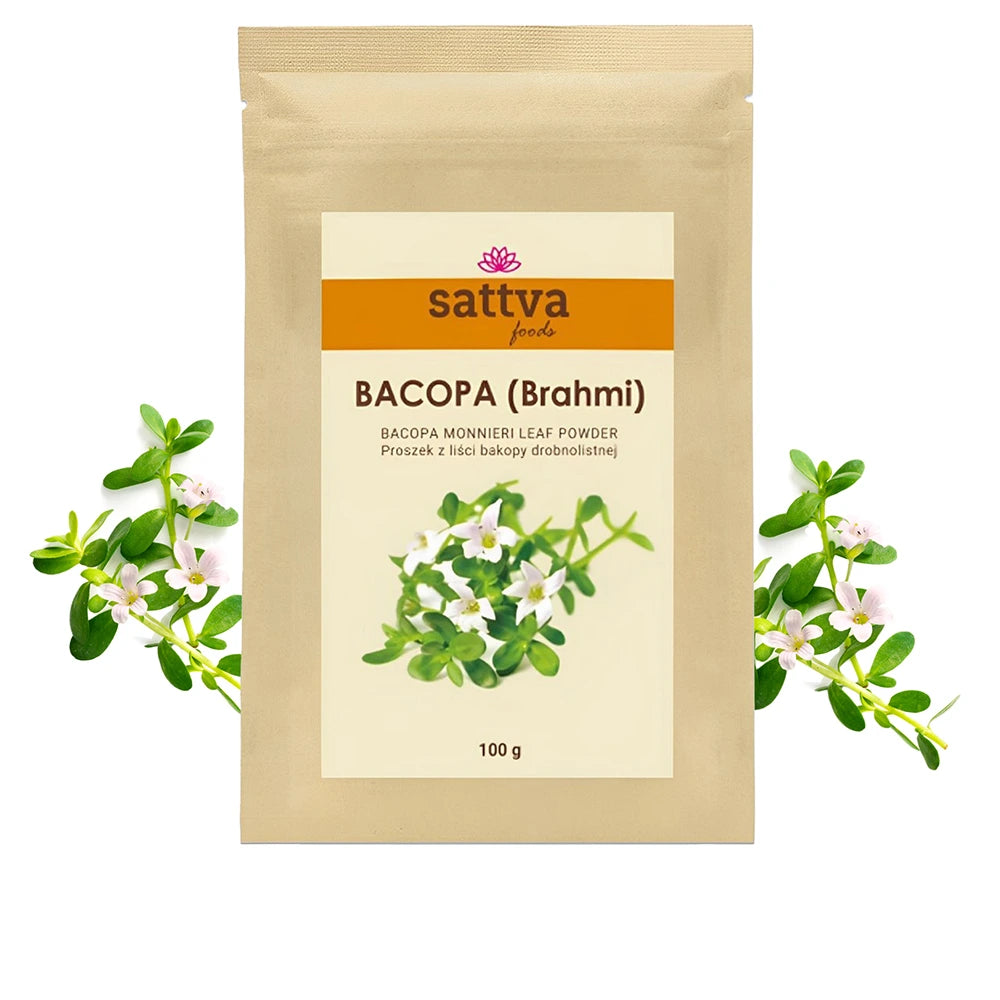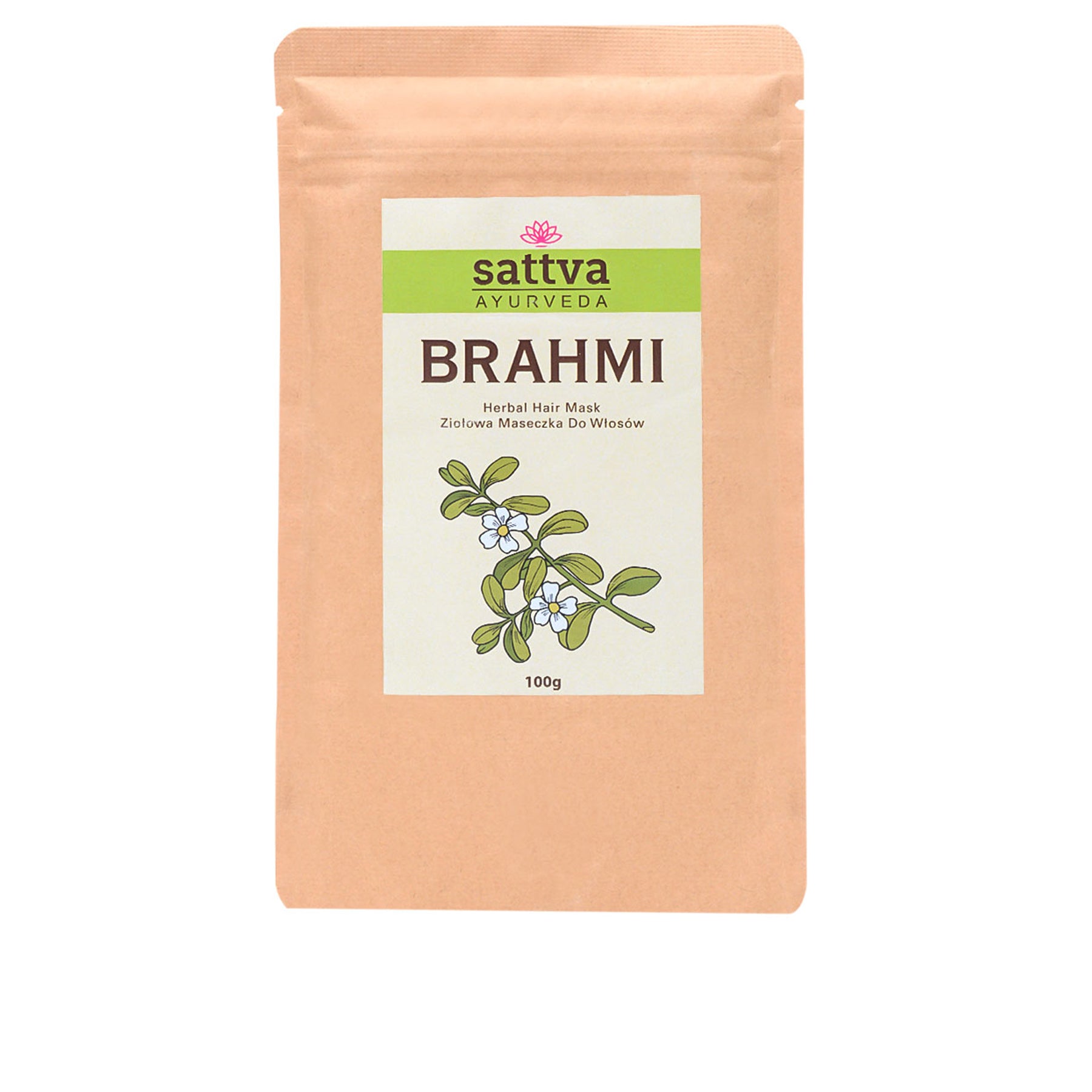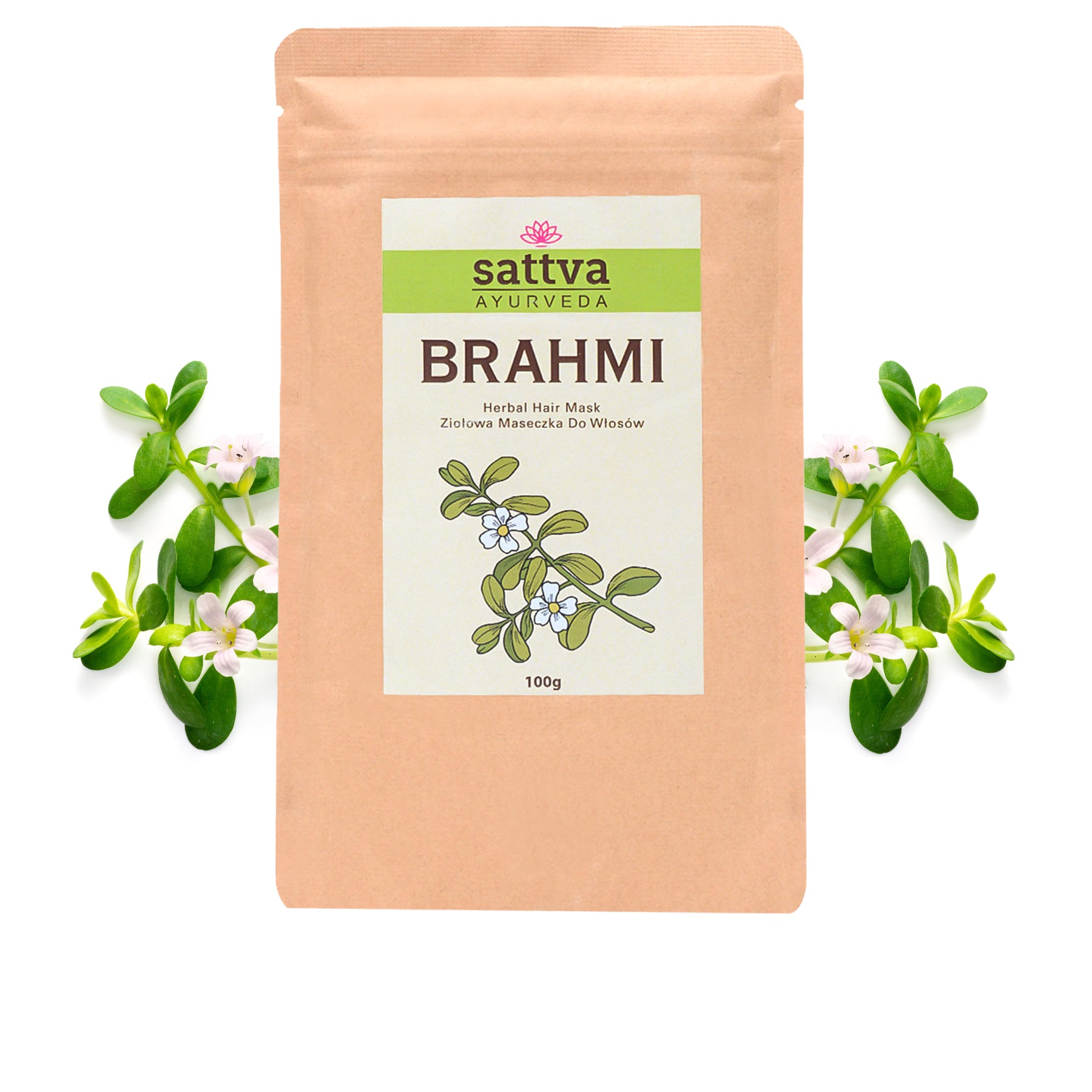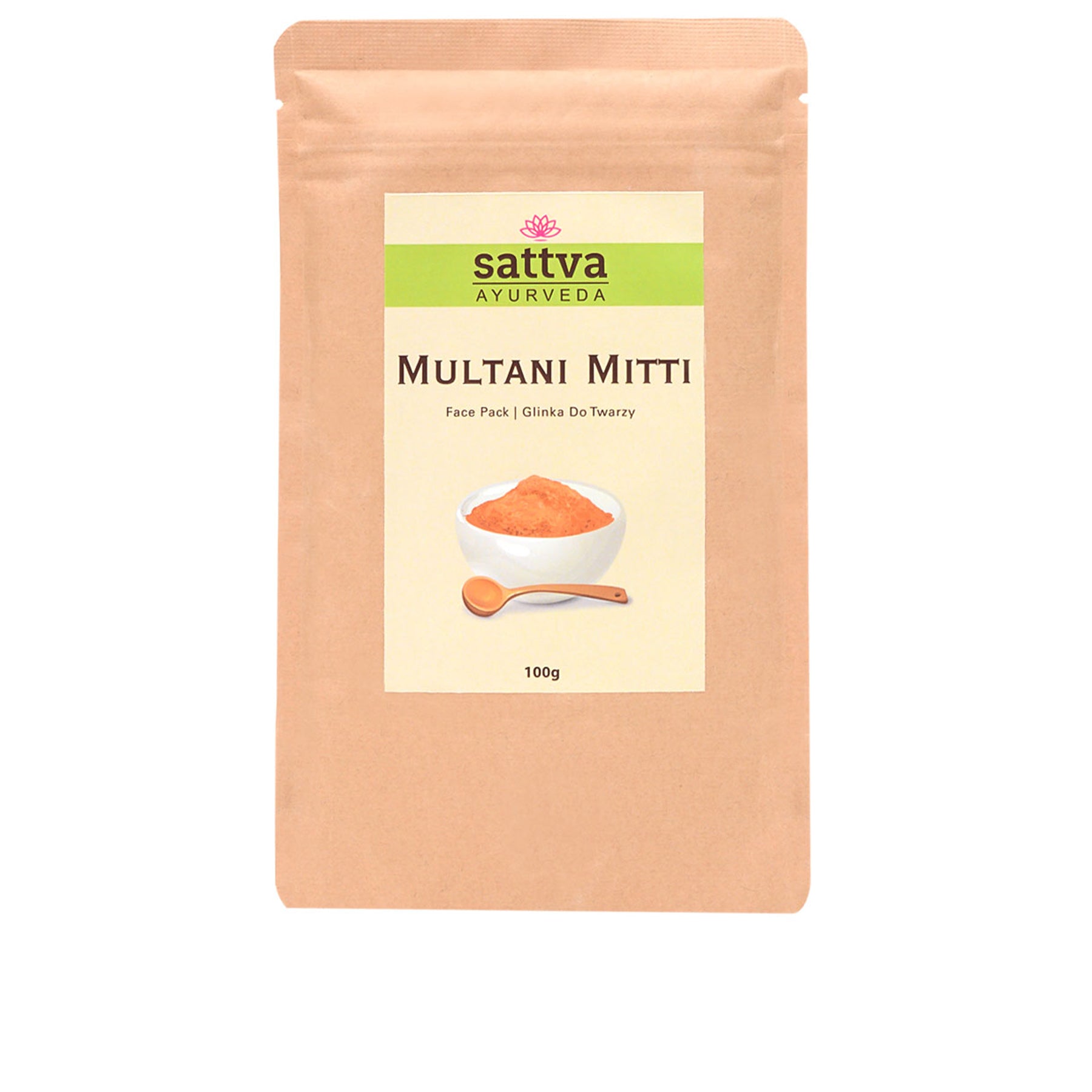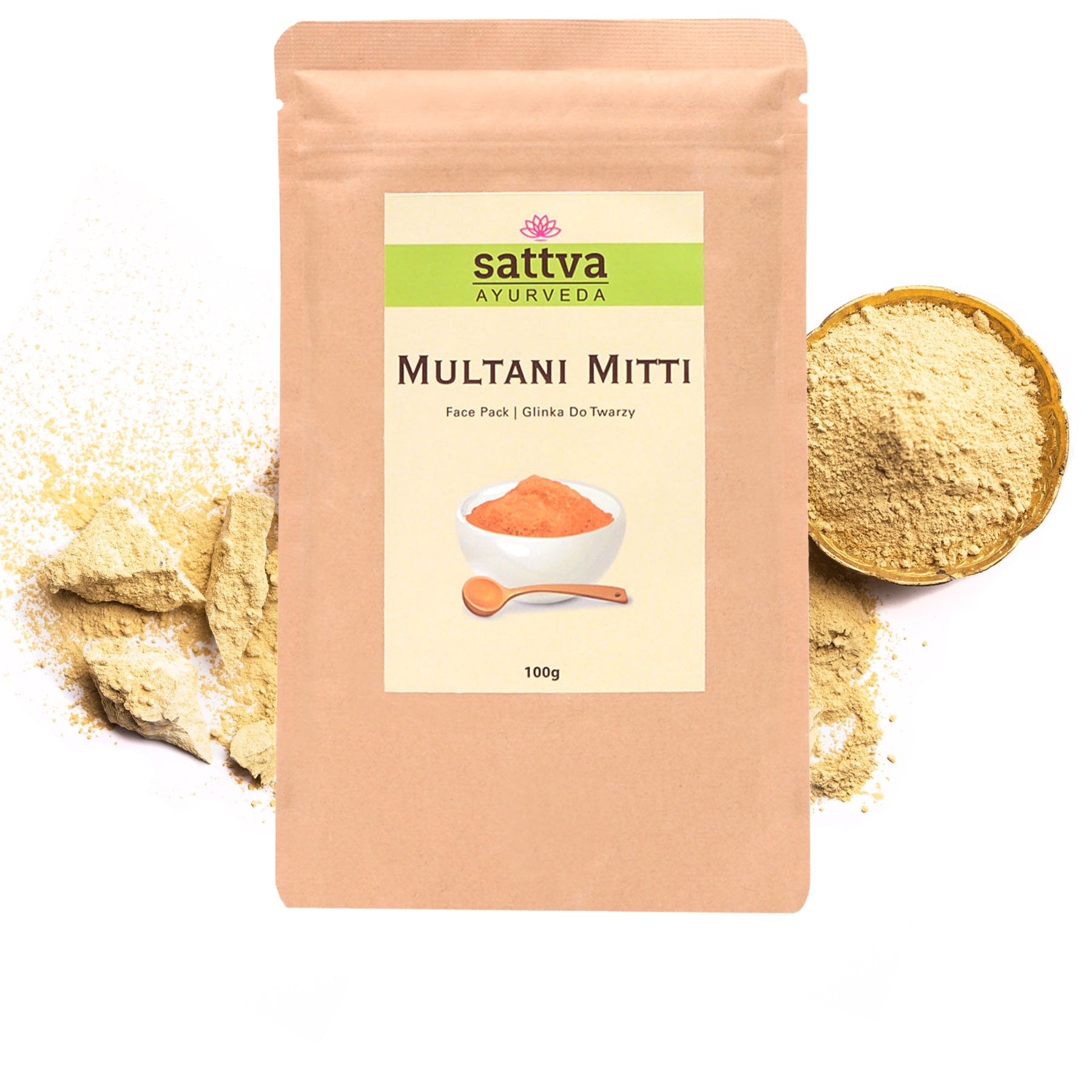Earth + Water

The elemental composition of Kapha is earth and water. It can be described as steady, steady, heavy, slow, cold, and soft. Spring is known as the kapha season, as many parts of the world slowly come out of hibernation.
People with this dosha are described as strong, thick-boned, and careful. Kapha governs the structure of the body. It is the principle that holds cells together and forms muscles, fat, bones, and tendons. Kapha's primary function is protection.
PHYSICAL CHARACTERISTICS
Kapha types have a strong constitution and excellent stamina. Large, soft eyes; smooth and radiant skin; and thick hair are also important characteristics of Kapha. Those who are predominantly Kapha sleep soundly and have regular digestion. When Kapha Doshas are out of balance, they can gain weight, hold on to fluids, sleep too much, and get asthma, diabetes, and depression.
EMOTIONAL CHARACTERISTICS
Kaphas are naturally calm, caring, and loving. They have the inherent ability to enjoy life and are comfortable with routine. When in balance, kaphas are strong, loyal, patient, firm, and supportive. People with excess Kapha tend to cling to things, jobs, and relationships long after they are no longer nourishing or needed. Excess Kapha in the mind manifests as resistance to change and stubbornness. In the face of stress, the typical Kapha response is, "I don't want to deal with it."
BALANCED KAPHA
They have tough, strong bodies and minds that will protect them from illness and instability. Because they are calm and grounded, they make and keep loyal friends and relationships, have a lot of money, and are generally happy with their lives.
IMBALANCE IN KAPHA
When excess Kapha builds up, they are prone to weight gain, fluid retention, and allergies. When they are out of balance, Kapha types can easily become obese, suffer from asthma, and be at risk for diabetes and depression. And since the Kapha mind is normally too content to seek healthy, renewed mental stimulation, it is prone to numbness and lethargic thinking. Those with an excess of Kapha tend to cling to things, jobs, and relationships long after they no longer satisfy them. When Kapha is out of balance, they tend to resist change and respond to stress with apathy.
HOW TO BALANCE KAPHA
Look for stimulation. Since Kapha is inherently cold, heavy, and dense, the key to balancing Kapha is stimulation. Kaphas tend to cling to the status quo and routine, so they need the stimulation of new sights, sounds, and experiences. Follow a regular daily routine, ideally waking up before 6 am. Avoid sleeping during the day.
Keep warm and avoid moisture. Kaphas are particularly sensitive to cold and humidity and benefit from heat. Use dry heat if you are congested—a common Kapha complaint. Wearing a heat pad under your back or a sun lamp on your chest is often helpful. If you are not feeling well, avoid exposing your nose, throat, and lungs to the cold winter air.
Use a nasal neti pot to help prevent congestion. The neti pot is a powerful tool for nasal cleansing.
Clean up your space. To prevent clutter from accumulating in your home, office, car, and other physical spaces, regularly clean and donate things you know you'll never use.
Exercise regularly. This is the best way to prevent stagnation and the buildup of toxins in the body. Focus on building stamina. Running, biking, swimming, aerobics, and competitive sports are preferred.You can also dance to energising rhythmic music.
Do a weekly massage with oils such as Kapha Oil or Calendula & Sunflower Oil.
Recommended Ayurvedic teas for balancing Pitta are Energise and Purify.
